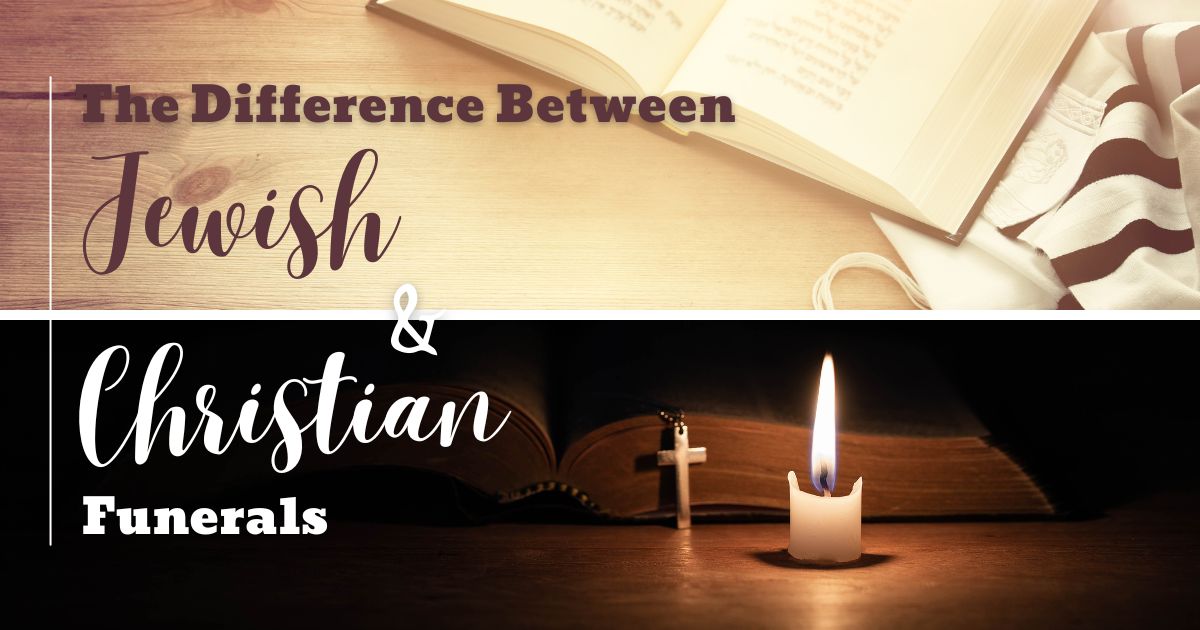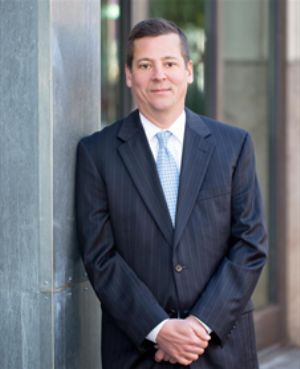If you've ever been to both Jewish and Christian funerals, you quickly realize that there are some stark contrasts between the two. How different religions honor the deceased varies.

If you've ever been to both Jewish and Christian funerals, you quickly realize that there are some stark contrasts between the two. How different religions honor the deceased varies. While Christians sometimes view a funeral as a celebration of life and freedom from pain, in the Jewish culture, it is a very somber and solemn event. There are no flowers or music at a Jewish funeral because they find those to be elements of celebration rather than mourning. There is also no viewing or wake beforehand as there often is at Christian funerals.
How the body is prepared also varies. The Jewish have a ritual cleansing and purification of the body. The deceased is dressed in simple white shrouds and placed in a plain pine casket with no metal or adornments. The body is not embalmed or cosmetically enhanced and the casket remains closed. Also, the body is continuously guarded from the time the person passes until they are buried – which typically occurs within 24 hours if possible.
At a Christian funeral, the family selects an outfit for the deceased, and they are touched up with makeup if there will be an open casket viewing. Caskets vary greatly and may be very ornate. The funeral may take place several days after the person has passed. The deceased may also be cremated – a practice which the Jewish faith does not condone.
Jewish services are very short and to the point. They try to bury the person as soon as possible and a burial society (Chevra Kadisha) helps organize everything. Visitation and condolences occur after burial during shiva. Christian families may have a wake, memorial service, or reception before or after burial.
Both religions welcome guests of any faith to attend funerals and pay their respects. Just be mindful and respectful of the traditions of the religion of the deceased.

